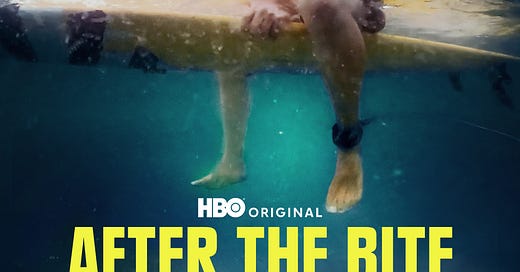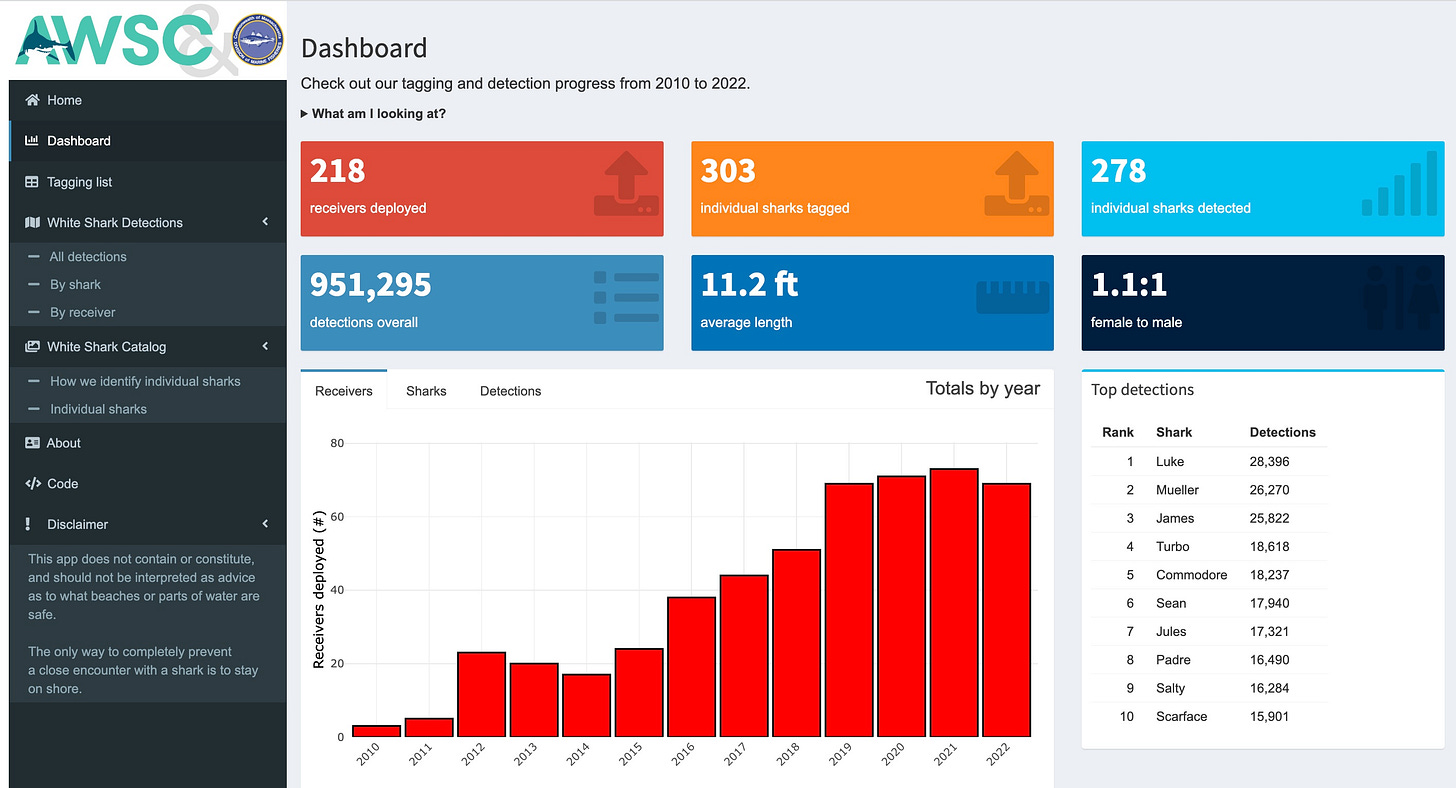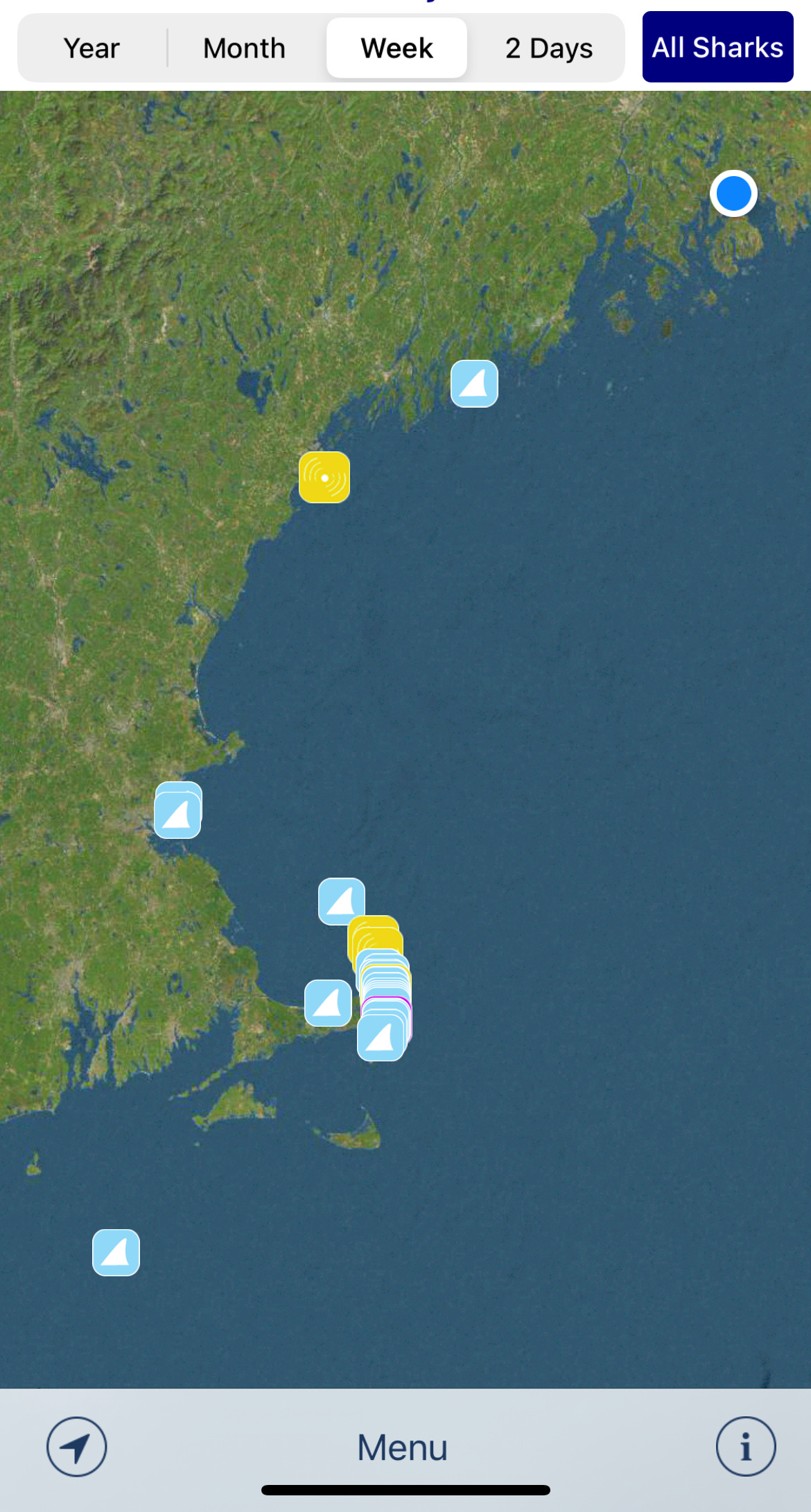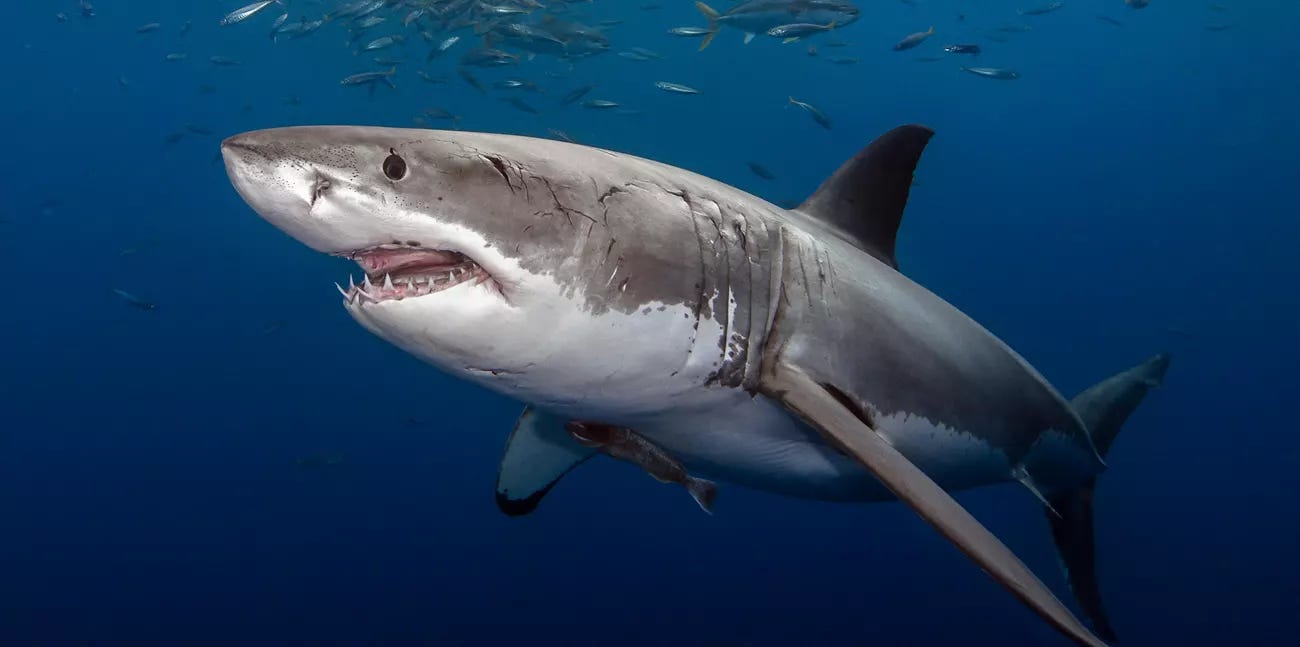Coast Dwellers Grapple with Sharing Beaches With Great White Sharks
Meet the director of the unsettling new HBO documentary "After the Bite"
UPDATED - Please watch and share this Sustain What conversation on unsettling realities facing coastal communities and conservationists as a dangerous, long-displaced predator and its pinniped prey return to Cape Cod and other regions.
These issues are at the core of the haunting new HBO documentary “After the Bite,” which explores the repercussions of the death of a 26-year-old engineering student after he was bitten by a great white shark while boogie-boarding along the shore in Wellfleet, Massachusetts.
Watch (and share!) on YouTube here or on Facebook, LinkedIn or Twitter:
Seal populations have rebounded after a century of slaughter in New England, attracting the globe-roaming sharks close to shore. Massachusetts and Maine had bounties on seals right up until the early 1960s.
I interiewed Ivy Meeropol, the lauded producer/director of this film and many others (including a particularly fascinating film on the Indian Point nuclear power plant); Alec Wilkinson, a New Yorker writer and author who wrote on the return of great white sharks to Cape Cod in 2021 and is a commentator in the film; and Megan Winton, a staff scientist at the Atlantic White Shark Conservancy, a nonprofit organization conducting scientific research on the species and working to improve public safety and shark conservation through education and outreach.
In our chat, Winton described the trauma experienced in at-risk communities when the worst happened. She also said there’s an emotional toll for researchers and conservatioinists when a predator rebounds in a populous area, quoting the founder of Atlantic White Shark Conservancy, Cynthia Wigren, who told her, “It's much easier
to conserve large predators when they don’t live in your backyard.” Here’s that moment:
Winton is the lead author on a new paper, published this week, estimating white shark abundance in the region - showing some 800 of these ocean roaming predators probably passed in ocean waters off the Cape between 2015 and 2018.
We talked about how these issues go way beyond sharks and New England. Here are relevant pieces I’ve written on the wider issues facing communities as predators - from sharks to tigers to alligators - come back to populous places:
From White Sharks to Tigers, Can We Get Comfortable with Carnivores?
A Haunting Film Explores the Perilous Interface Between Tigers and People in the Sundarbans
Water Hazard - When Rewilding Bites Back (on alligators in paradise)
There’s much more in our video chat. Take time to watch the film, listen to our conversation and then weigh in here with questions or reactions.
Get to know the white sharks of Cape Cod through the Atlantic White Shark Conservancy’s Shark Logbook. It’s fascinating!
Track “Sharktivity” on your phone
Before the webcast, I downloaded the Sharktivity app of the Atlantic White Shark Conservancy and have gotten several pings locating shark sightings (or location alerts when tagged sharks approach shore). There’ve been a couple up this way.
Here’s Alec Wilkinson’s 2021 New Yorker article: “The Return of White Sharks to Cape Cod.”
Here’s Ivy Meeropol’s IMDB site. Her previous films include “Bully. Coward. Victim.: The Story of Roy Cohn (2020), Indian Point (2015) and Heir to an Execution: A Granddaughter's Story (2004).











